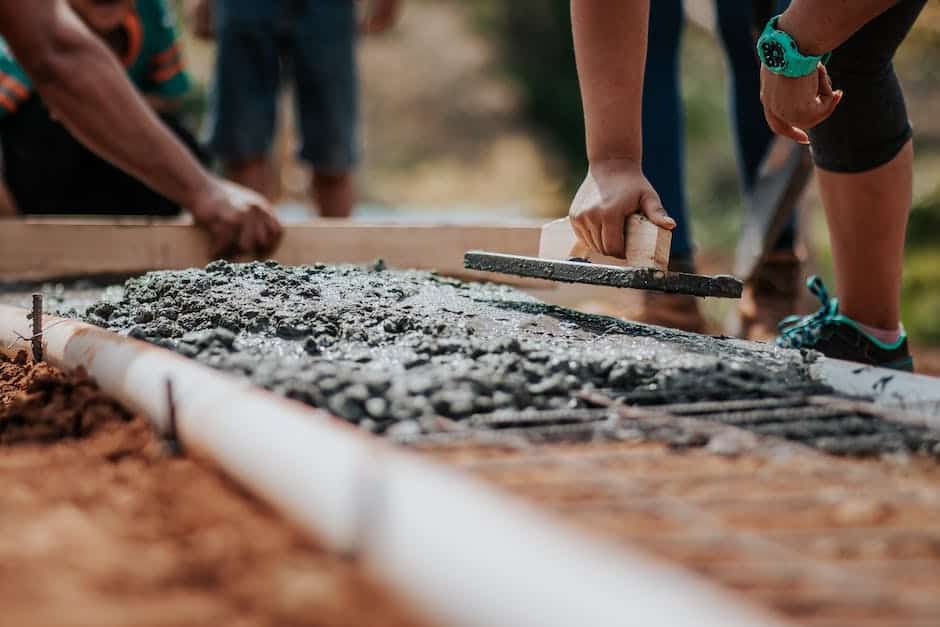
How to Manage Pre-Construction and Construction Phases in Real Estate Development

Real estate development is a complex process that involves several phases, including pre-construction and construction. The pre-construction phase is the initial stage of the development process, where the project is planned, designed, and permitted. The construction phase is where the actual building takes place. Managing these phases effectively is crucial to the success of any real estate development project. In this article, we will discuss how to manage pre-construction and construction phases in real estate development.
Pre-Construction Phase
The pre-construction phase is the most critical phase of any real estate development project. It is during this phase that the project is planned, designed, and permitted. The following are some of the key activities that take place during the pre-construction phase:
- Site selection and acquisition
- Feasibility studies and market analysis
- Design and engineering
- Permitting and approvals
- Financing and budgeting
During the pre-construction phase, it is essential to have a clear understanding of the project’s goals, objectives, and constraints. This will help ensure that the project is feasible and that it meets the needs of the target market. It is also important to have a well-defined project plan that outlines the project’s scope, schedule, and budget.
Site Selection and Acquisition
The first step in the pre-construction phase is site selection and acquisition. This involves identifying potential sites that meet the project’s requirements and negotiating the purchase or lease of the site. Site selection is critical to the success of the project, as it can impact the project’s feasibility, cost, and timeline.
Feasibility Studies and Market Analysis
Feasibility studies and market analysis are essential components of the pre-construction phase. Feasibility studies assess the project’s technical, financial, and legal feasibility. Market analysis evaluates the demand for the project and the competition in the market. These studies help determine whether the project is viable and whether it meets the needs of the target market.
Design and Engineering
Design and engineering are critical components of the pre-construction phase. This involves developing the project’s architectural and engineering plans, which include site plans, floor plans, elevations, and construction details. The design and engineering phase also includes developing the project’s mechanical, electrical, and plumbing systems.
Permitting and Approvals
Permitting and approvals are essential components of the pre-construction phase. This involves obtaining the necessary permits and approvals from the local government and other regulatory agencies. The permitting and approvals process can be time-consuming and complex, so it is essential to have a clear understanding of the requirements and timelines.
Financing and Budgeting
Financing and budgeting are critical components of the pre-construction phase. This involves securing the necessary financing for the project and developing a detailed budget that outlines the project’s costs and expenses. It is essential to have a well-defined financing and budgeting plan to ensure that the project is financially feasible and that it meets the needs of the target market.
Construction Phase
The construction phase is where the actual building takes place. This phase involves several activities, including site preparation, foundation work, framing, electrical and plumbing work, and finishing work. The following are some of the key activities that take place during the construction phase:
- Site preparation
- Foundation work
- Framing
- Electrical and plumbing work
- Finishing work
During the construction phase, it is essential to have a well-defined project plan that outlines the project’s scope, schedule, and budget. It is also important to have a project manager who can oversee the construction process and ensure that it is completed on time and within budget.
FAQs
What is the pre-construction phase?
The pre-construction phase is the initial stage of the real estate development process, where the project is planned, designed, and permitted.
What are the key activities that take place during the pre-construction phase?
The key activities that take place during the pre-construction phase include site selection and acquisition, feasibility studies and market analysis, design and engineering, permitting and approvals, and financing and budgeting.
What is the construction phase?
The construction phase is where the actual building takes place. This phase involves several activities, including site preparation, foundation work, framing, electrical and plumbing work, and finishing work.
Conclusion
Managing pre-construction and construction phases in real estate development is critical to the success of any project. The pre-construction phase is the most critical phase of the development process, where the project is planned, designed, and permitted. The construction phase is where the actual building takes place. To manage these phases effectively, it is essential to have a clear understanding of the project’s goals, objectives, and constraints. It is also important to have a well-defined project plan that outlines the project’s scope, schedule, and budget. By following these guidelines, real estate developers can ensure that their projects are successful and meet the needs of the target market.